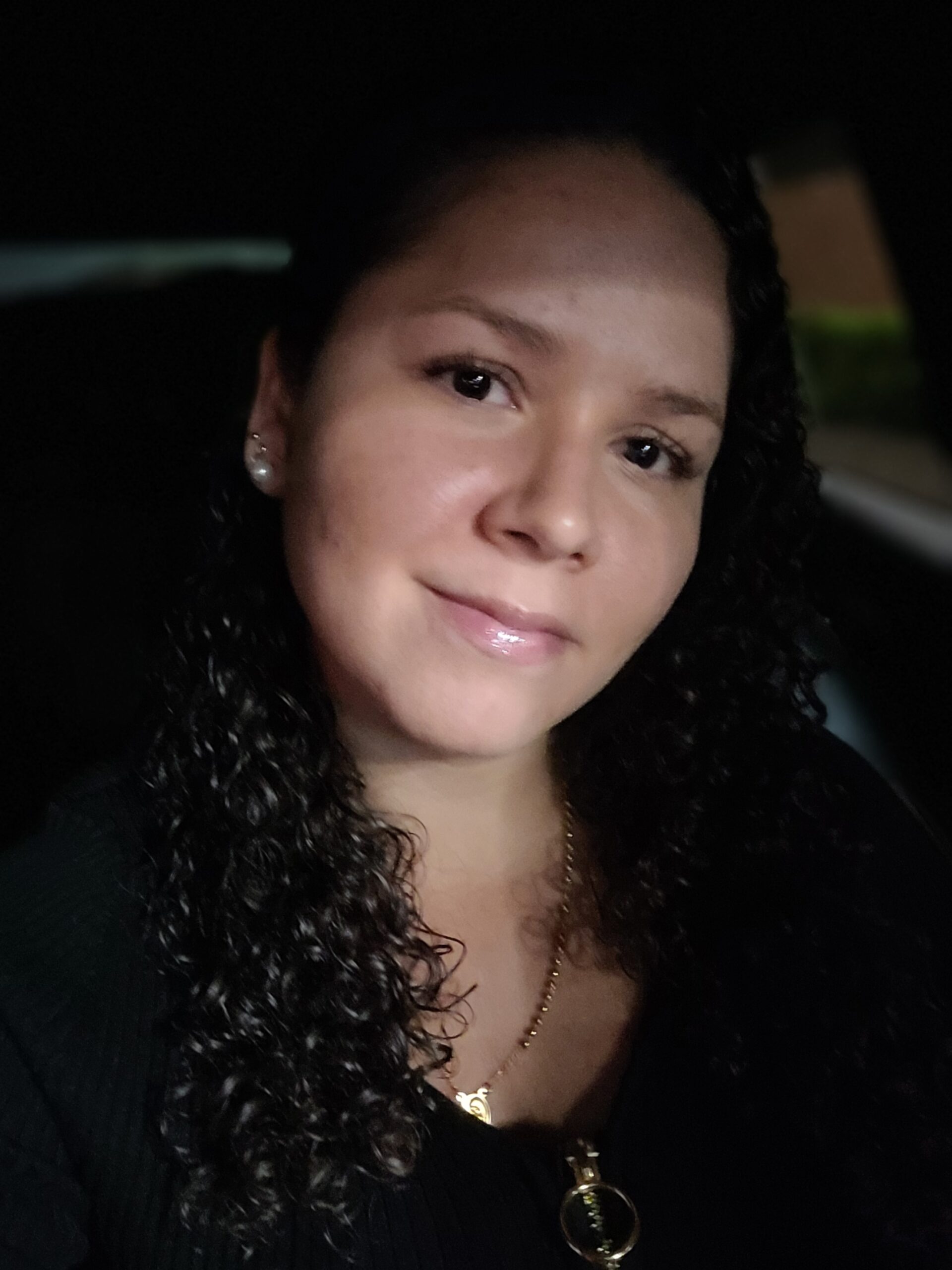Understanding how to manage money is essential for a secure and stress-free life. Yet, many people never receive proper financial education and struggle with budgeting, saving, and investing. If you’re new to financial literacy, don’t worry—learning about money doesn’t have to be complicated.
In this article, we’ll guide you through the basics of financial education, the key topics you need to master, and simple steps to start improving your financial knowledge today.
Why Is Financial Education Important?
Financial education is not just about saving money; it helps you:
✔ Avoid unnecessary debt and financial stress.
✔ Make informed decisions about spending, saving, and investing.
✔ Plan for major life events like buying a home or retiring.
✔ Achieve financial freedom and build long-term wealth.
Now, let’s break down the most important financial concepts you need to learn as a beginner.
1. Understanding Budgeting and Money Management
A budget is the foundation of financial success. It helps you track income, expenses, and savings to ensure you live within your means.
🔹 How to create a budget:
- Calculate your total monthly income.
- List all fixed expenses (rent, bills, groceries, etc.).
- Identify discretionary spending (entertainment, shopping, dining out).
- Allocate at least 20% of your income toward savings or debt repayment.
💡 Best budgeting method for beginners: The 50/30/20 rule
- 50% for Needs (housing, food, bills).
- 30% for Wants (entertainment, travel, hobbies).
- 20% for Savings & Debt Repayment.
🔹 Tools to help with budgeting:
- Apps: Mint, YNAB (You Need a Budget), PocketGuard.
- Spreadsheets: Google Sheets or Excel for manual tracking.
2. Building an Emergency Fund
An emergency fund is savings set aside for unexpected expenses, such as medical bills, car repairs, or job loss.
🔹 How much should you save?
- Start with $500 to $1,000 for small emergencies.
- Aim for 3-6 months’ worth of expenses for long-term security.
🔹 Where to keep your emergency fund?
- A high-yield savings account for easy access and interest growth.
3. Understanding Debt and Credit Management
Debt can be useful when managed wisely but dangerous if ignored.
🔹 Types of debt:
- Good Debt: Student loans, mortgages (help build assets).
- Bad Debt: High-interest credit cards, payday loans (consume wealth).
🔹 How to manage debt effectively:
✔ Always pay more than the minimum payment on credit cards.
✔ Use the Snowball Method (paying smallest debt first) or Avalanche Method (highest interest rate first).
✔ Keep credit utilization below 30% to maintain a good credit score.
💡 Best financial habit: Pay off your credit card balance in full every month to avoid high-interest charges.
4. Learning How to Save and Invest
Saving and investing are different but equally important:
🔹 Saving = Short-term security (emergency fund, big purchases).
🔹 Investing = Long-term wealth growth (stocks, real estate, retirement).
Where to invest as a beginner?
- Stocks and ETFs – Buy shares in companies or funds that track the stock market.
- Index Funds – A passive, low-cost way to invest in a diversified portfolio.
- Real Estate Crowdfunding – Invest in real estate with small amounts of money.
💡 Tip: Start investing early—even small amounts grow significantly over time due to compound interest.
5. Understanding Retirement Planning
Planning for retirement early ensures financial security in later years.
🔹 Best retirement accounts:
- 401(k): Employer-sponsored retirement plan (many companies offer matching contributions).
- IRA (Individual Retirement Account): Great for those without employer plans.
💡 Tip: Contribute at least enough to get your employer’s 401(k) match—it’s free money!
6. Avoiding Common Financial Mistakes
🚫 Living beyond your means – Spending more than you earn leads to debt.
🚫 Not having an emergency fund – Unexpected costs can derail your finances.
🚫 Ignoring your credit score – A low score affects loan approvals and interest rates.
🚫 Not investing – Inflation decreases the value of savings over time.
7. Best Resources to Learn More About Personal Finance
📚 Books to Start With:
✔ The Total Money Makeover – Dave Ramsey
✔ Rich Dad Poor Dad – Robert Kiyosaki
✔ The Psychology of Money – Morgan Housel
✔ Your Money or Your Life – Vicki Robin
🎧 Best Finance Podcasts:
✔ The Dave Ramsey Show – Debt and budgeting tips.
✔ The Smart Passive Income Podcast – Investing and entrepreneurship.
✔ BiggerPockets Money Podcast – Real estate and financial independence.
📺 YouTube Channels for Financial Education:
✔ Graham Stephan – Investing and money-saving strategies.
✔ The Financial Diet – Personal finance for beginners.
✔ Andrei Jikh – Credit cards, investing, and passive income.

